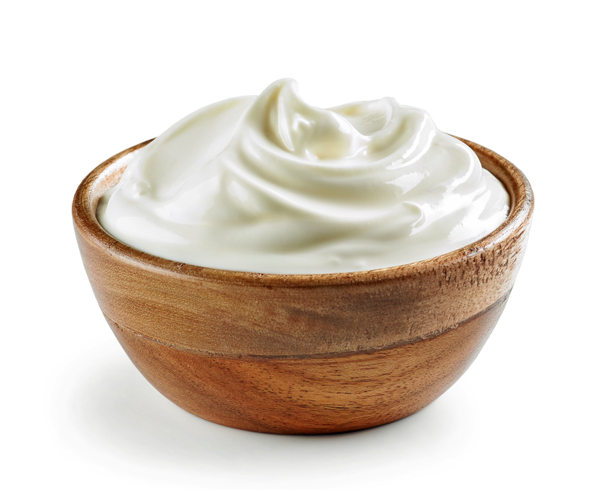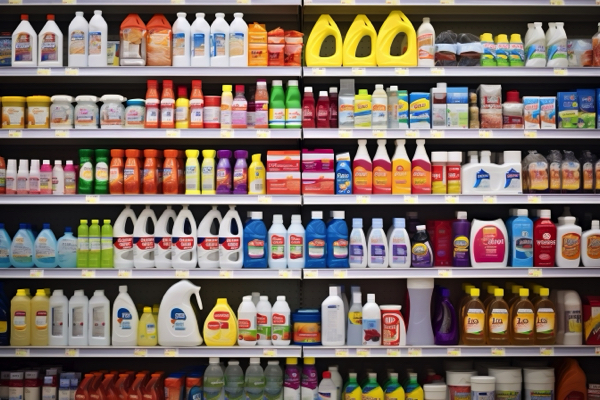The science of slumber: How sleep became the ultimate anti-aging treatment
09/20/2025 / By Willow Tohi

- Scientific research confirms “beauty sleep” is a biological reality, directly impacting skin health and aging.
- During deep sleep, the body repairs skin, produces collagen and lowers stress hormones that break down skin integrity.
- Sleep deprivation weakens the skin’s barrier, increases water loss and accelerates the visible signs of aging like wrinkles and fine lines.
- Studies show that even a few nights of poor sleep make individuals appear less attractive, less healthy and more tired to others.
- Prioritizing consistent, quality sleep is a foundational pillar of skincare, complementing diet, sun protection and stress management.
For generations, “beauty sleep” was dismissed as a folk tale, a quaint notion with no basis in biology. But a convergence of clinical research from dermatology and sleep medicine is now revealing a profound truth: the path to radiant, youthful skin is paved with consistent, quality rest. Groundbreaking studies are moving beyond anecdotal evidence, providing scientific validation that sleep is not a passive state but an active, essential repair session for the body’s largest organ—the skin. This new understanding positions sleep as a non-negotiable component of skincare, on par with diet and sun protection, and challenges a culture that often prizes productivity over rest.
From folklore to clinical fact
The historical concept of beauty sleep has been fully validated by modern science. A pivotal 2015 study found that individuals with good sleep quality had significantly lower skin aging scores and a 30 percent higher barrier recovery rate than poor sleepers. This was further cemented by research from the University Hospitals Case Medical Center, which categorized women into “poor” and “quality” sleep groups. The findings were stark: poor sleepers exhibited twice as many signs of skin aging, including fine lines, uneven pigmentation and reduced elasticity. Crucially, the study highlighted that quality sleep enhances the skin’s ability to recover from external stressors like sun exposure, suggesting that sleep is a critical factor in the skin’s resilience, not just its appearance.
The nocturnal repair cycle
So, what exactly happens after lights out? Sleep is a dynamic process with distinct stages, each serving a restorative purpose. “Deep, slow-wave sleep is the primary stage during which the body prioritizes tissue repair, muscle recovery and collagen production,” explains Dr. Joanna Fong-Isariyawongse, a neurologist and sleep medicine specialist at the University of Pittsburgh. During this critical phase, the body releases growth hormone, which drives repair processes and boosts the production of collagen—the protein that gives skin its firmness and elasticity. Simultaneously, cortisol, the body’s primary stress hormone, plummets to its lowest point. This unique hormonal environment—low cortisol and high growth hormone—protects existing collagen, reduces inflammation and fortifies the skin’s barrier, allowing for optimal recovery from the day’s damage.
The visible cost of sleep deprivation
When sleep is cut short, the consequences are immediately measurable on a cellular level and visibly apparent on the surface. Sleep deprivation increases water loss through the skin, leaving it drier and more vulnerable. It disrupts collagen production and fuels low-grade inflammation that impairs healing. A telling study demonstrated that just two consecutive nights of only three hours of sleep reduced skin elasticity and made wrinkles more noticeable. Beyond personal perception, this sleep loss is written on one’s face for others to see. Controlled studies consistently show that after limited sleep, individuals are rated by others as less attractive, less healthy and more fatigued, with observers noting paler skin, darker circles and drooping eyelids. These subtle cues can negatively impact social and professional interactions, creating a feedback loop where sleep deprivation affects not just health but social connectivity.
Integrating sleep into a holistic skincare regimen
This scientific evidence demands a paradigm shift in how we approach skincare. While a balanced diet stabilizes blood sugar to prevent acne, and antioxidants from supplements and topical products combat free radicals, these efforts can be undermined by poor sleep. Similarly, stress management techniques are vital for calming sensitive skin during hormonal fluctuations, but chronic sleep deprivation itself is a major physiological stressor. Even the most diligent sun protection routine, essential for blocking UV radiation—the primary cause of premature aging—is more effective when the skin is well-rested and its natural repair mechanisms are fully operational. Therefore, sleep is not a standalone act but the foundational layer that maximizes the benefits of every other healthy choice.
Reclaiming rest for long-term health
The cultural glorification of “sleep machismo”—where operating on minimal rest is seen as a badge of honor—is being dismantled by this compelling research. The evidence is clear: Prioritizing consistent, quality sleep is one of the most powerful and accessible investments one can make in long-term health and appearance. It is a natural, cost-free treatment that supports the skin’s structure, function and aesthetic quality from within. As the scientific community continues to elucidate the intricate connections between rest and rejuvenation, the ancient advice to get a good night’s sleep has been reborn, no longer as a myth, but as a mandatory prescription for a healthy, youthful complexion.
Sources for this article include:
Submit a correction >>
Tagged Under:
aging secrets, antioxidants, healing, longevity, natural cures, natural health, natural medicine, natural remedies, prevention, sleep
This article may contain statements that reflect the opinion of the author





















